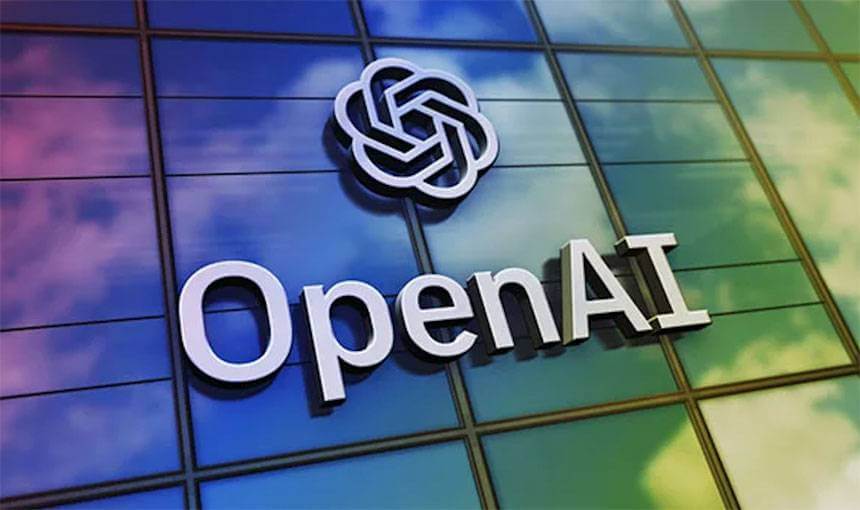OpenAI is currently facing a multitude of legal challenges, stemming from a range of concerns surrounding copyright infringement, data usage, and the company's original mission. These lawsuits, filed by various entities including authors, news organizations, and even former collaborators, highlight the complex legal and ethical questions arising from the rapid development and deployment of generative AI technologies.
One of the central issues revolves around copyright infringement. Numerous plaintiffs, including authors and news publications like The New York Times, allege that OpenAI has used their copyrighted works without permission to train its large language models (LLMs) like ChatGPT. They argue that this unauthorized use violates their exclusive rights to reproduce, distribute, and display their work, and undermines their business models by allowing AI models to bypass paywalls and generate content that directly competes with their own. The plaintiffs seek injunctive relief to prevent OpenAI from continuing to use their works, as well as damages for the profits OpenAI has allegedly made from this unauthorized use.
OpenAI defends its practices by arguing that the use of copyrighted material for AI training falls under the "fair use" doctrine. They claim that their AI models transform the original content, creating new meaning and expression. Moreover, they assert that using publicly available data is crucial for the development of AI and that restricting access to such data would stifle innovation. However, the courts are yet to definitively rule on whether training LLMs on copyrighted material constitutes fair use, and several judges have indicated that the plaintiffs' claims merit a full trial and discovery.
Another significant legal challenge comes from news organizations. These lawsuits, including the one filed by The New York Times, allege that OpenAI's AI models can reproduce the news outlet's content verbatim or closely mimic its style, effectively competing with the original source of information. The news organizations argue that this not only infringes on their copyright but also threatens their ability to generate revenue and maintain their journalistic integrity. Some of these lawsuits also allege that OpenAI removed copyright management information (CMI) from the articles used to train ChatGPT, a violation of the Digital Millennium Copyright Act (DMCA).
In addition to copyright concerns, OpenAI is also facing legal action related to its founding principles. Elon Musk, a co-founder of OpenAI, has sued the company and its CEO, Sam Altman, alleging breach of contract and unfair competition. Musk claims that OpenAI violated its original agreement to be a non-profit organization developing AI for the benefit of humanity and that it has instead become a for-profit entity prioritizing commercial interests over its stated mission. He further alleges that OpenAI's decision to keep the details of GPT-4's design a secret makes it a de facto Microsoft proprietary algorithm. OpenAI has responded by stating that Musk himself recognized the need for the company to become a for-profit entity and that he even proposed merging it with Tesla.
The outcomes of these various lawsuits could have significant implications for the future of AI development. If the courts rule against OpenAI, it could set legal precedents that restrict the use of copyrighted material for AI training and require AI companies to obtain licenses from copyright holders. This could potentially increase the cost and complexity of developing AI models and slow down the pace of innovation. On the other hand, a ruling in favor of OpenAI could solidify the fair use defense for AI training and provide greater legal certainty for AI companies. Regardless of the outcomes, these legal battles highlight the need for a clear and comprehensive legal framework that addresses the unique challenges posed by AI and balances the interests of copyright holders, AI developers, and the public.

















